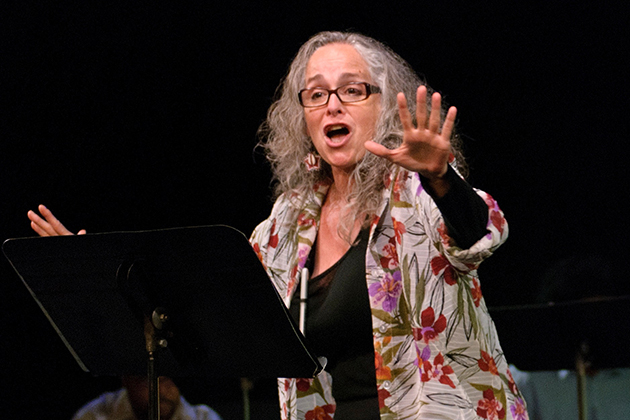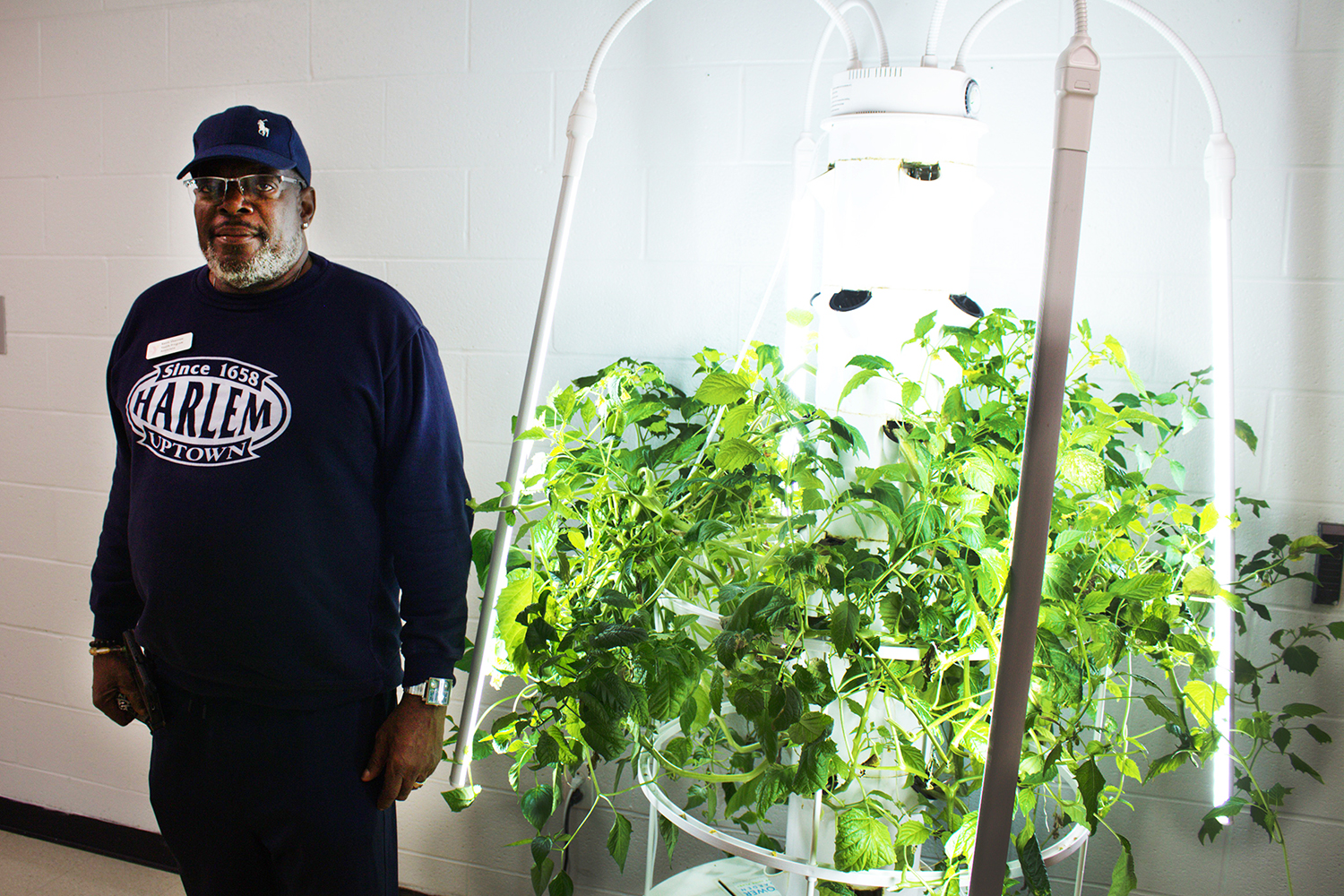
A decade after Puerto Rico became a United States “protectorate” in the 1950s, scores of islanders streamed into New York City. Among them were poets, writers, musicians, and artists who used poetry and prose to question and examine their newfound identity, culture, and history in what became known as the Nuyorican Literary Movement.
Magdalena Gómez, a figure in that nascent movement, who used her voice to decry the oppression she observed and encouraged the disenfranchised to work to realize their potential, has recently given her personal papers to the UConn Libraries’ Archives & Special Collections in the Thomas J. Dodd Research Center.
“Magdalena Gómez can be considered the quintessential Renaissance woman: poet, playwright, performer, writer, and social activist,” says Marisol Ramos, curator of the Latin American and Caribbean Collections and librarian for Latin American & Caribbean Studies, Latino Studies, Spanish, and Anthropology. “She is committed to Latina/o issues, and the rights of youth, women, and prisoners, as well as human rights as represented in her art, her writings, and her performances.”
Ramos believes the campus community and those well beyond its borders will find Gómez and her personal papers a rich resource.
Says Fany Hannon, director of the Puerto Rican/Latin American Cultural Center, “I’m thrilled the University has acquired the papers and works of a Latina icon like Magdalena Gómez. With negative Latino stereotypes perpetuated in the media, it is both refreshing and empowering to have the positive example of a person who strives to succeed every day. Anyone, regardless of gender, ethnicity, cultural background, or social status, can identify with her work, which is synonymous with activism, community advocacy, and perseverance.”
Gómez began as a performance poet at the age of 17 in New York, and was championed by scores of notable poets, but eventually left the Nuyorican Movement to follow her own path.
For most of her life, both in New York City and, more recently, in Springfield, Mass., she has created her own unique style. She has toured nationally as a motivational speaker and teacher, and with Maria Luisa Arroyo, co-edited a book on bullying, Bullying: Replies, Rebuttals, Confessions, and Catharsis (2012), which gives voice to affected people, from young teens to those in their 80s.
She recently witnessed the off-Broadway production of her work, “Dancing in My Cockroach Killers,” by the Puerto Rican Traveling Theater and Pregones Theater, which opened to considerable acclaim on Sept. 19 and runs through Oct. 13. The production is a selection of her work, adapted and musicalized for theater.
“Magdalena Gómez is a prolific, fierce writer whose work can find a voice in other artistic forms, like theater, music, even dance,” according to veteran performer, theater director, and dramaturge Rosalba Rolon, who directed Gómez’s production in New York.
In addition to her writing, Gómez is the co-founder and artistic director of Teatro V!da, the first Latino theater in the history of Springfield, Mass., started in 2007 with support from the Latino Breakfast Club. She received a National Association of Latino Arts and Culture artist’s grant for her work on anti-bullying initiatives with Teatro V!da in 2010, and was named a Master Artist by National Endowment for the Arts presenters, the Pregones Theater.
Gómez’s connection with UConn began several years ago, when she performed in Hartford with Fred Ho, an American jazz saxophonist, writer, and social activist. History professor and founding director of the Asian American Studies Institute Roger Buckley, who attended the performance, was so struck by Gómez’s poetry that he invited her to speak in his class. During the class, Gómez performed a monologue in which she drew an analogy between the American treatment of Japanese during the war and the physical violence she herself had experienced as a young woman, describing both actions as demonstrating a profound effect on the human condition.
Gómez credits Ho (whose personal papers are also housed in UConn’s Archives & Special Collections) with introducing her to UConn through Buckley and Asian American Cultural Center director Angela Rola.
“On the journey to liberation, we must be able to differentiate the essential self from the influences that have formed the cascara or outward shell of who we present to the world,” Gómez says. “Critical thinking and the questioning of authority allows us to embrace the liberating effects of imagination, invites us to honor our intuition, and encourages us to activate an intentional creative practice.”
A special event will celebrate Gómez’s life and career and the arrival of her personal papers in the UConn Libraries’ Archives & Special Collections on Oct. 9 at 4 p.m. in the Student Union Theatre. For additional information, contact Marisol Ramos: Marisol.ramos@uconn.edu, or 860-486-2734.


